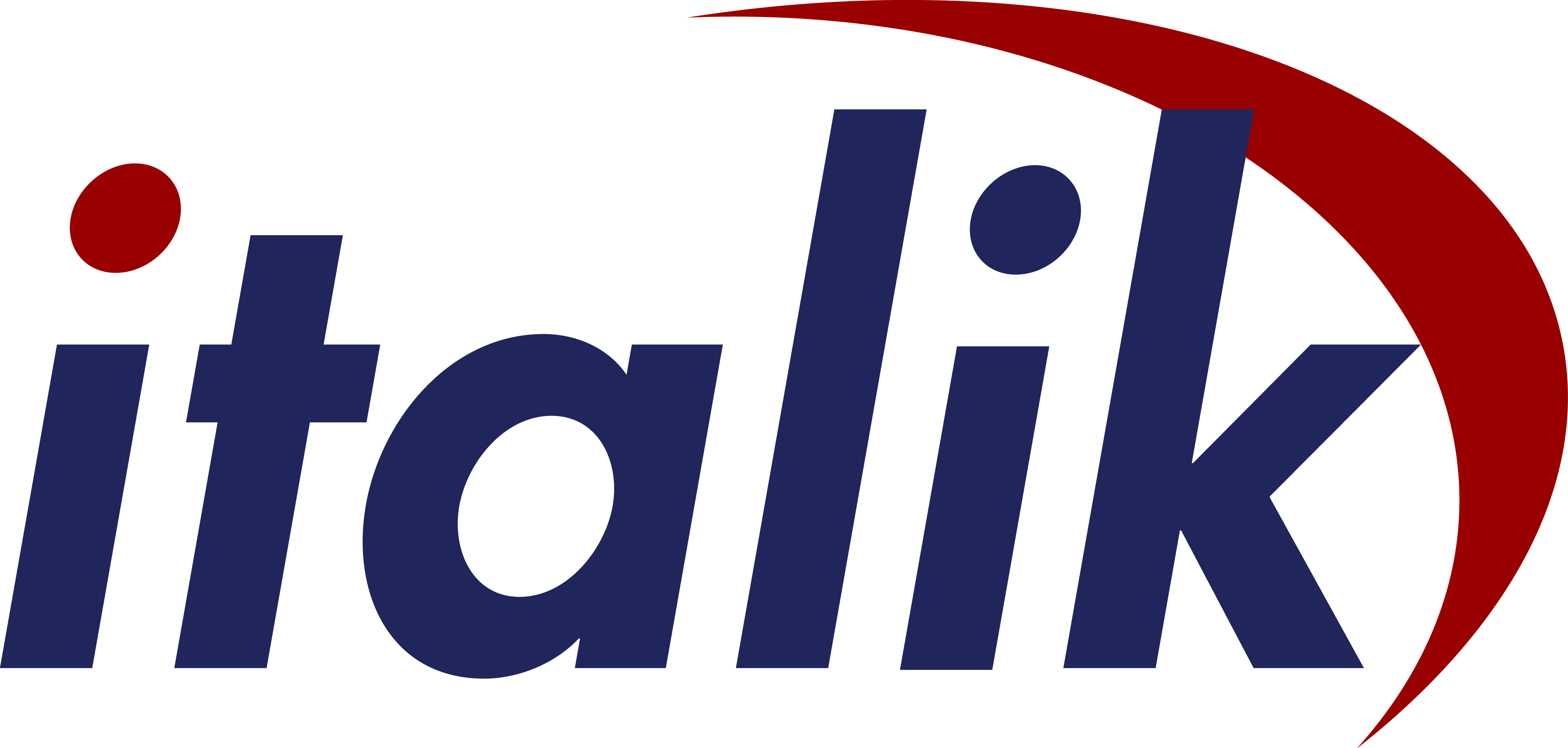Email is one of the most common ways businesses communicate with their customers, partners, and vendors. However, email is also one of the most vulnerable channels for cyber attacks. According to the FBI’s 2020 Internet Crime Report, email-based attacks such as phishing and business email compromise resulted in over $1.8 billion in losses. That’s where DMARC comes in.
DMARC (Domain-based Message Authentication, Reporting, and Conformance) is an email authentication protocol that helps protect your organisation from email fraud. It verifies the authenticity of the sender’s domain name and the sending IP address, and it instructs the receiving email servers on how to handle messages that fail authentication.
❓Here’s how DMARC works:
- DMARC policy is published: You publish a DMARC policy in your DNS record to tell email receivers how to handle messages that fail authentication.
- Email is sent: When an email is sent from your domain, the recipient’s email server checks if the email passes SPF (Sender Policy Framework) and/or DKIM (DomainKeys Identified Mail) authentication.
- DMARC check: If the email fails SPF and/or DKIM, the email receiver checks the DMARC policy to see if the email should be rejected, quarantined, or accepted based on the policy settings.
By implementing DMARC, you can prevent email-based cyber attacks such as phishing scams, email spoofing, and other types of fraud that rely on email impersonation. DMARC provides an additional layer of security to protect your business and your customers’ sensitive information.
🤝 Benefits of DMARC:
- Increased email security: DMARC helps prevent email fraud by verifying the authenticity of the sender’s domain.
- Improved email deliverability: By ensuring that legitimate emails are not flagged as spam, DMARC can help improve email deliverability and ensure that your messages reach your intended recipients.
- Valuable insights: DMARC provides detailed reports on the email activity of your domain, allowing you to identify any issues and take action to improve your email security posture.
In conclusion, email security is critical for any organisation, and DMARC is a powerful tool to help protect against email-based cyber attacks. If you haven’t implemented DMARC yet, we strongly recommend that you do. Contact us today to learn more about how DMARC can help protect your business.

